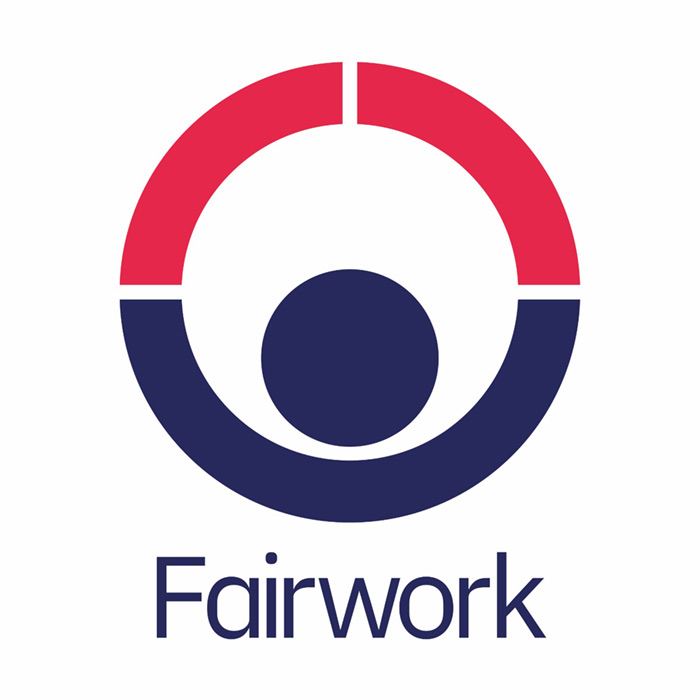FairWork in the Platform Economy in the Global South
There are millions of platform workers globally, doing work outsourced or organised via digital platforms or apps in the gig economy: taxi drivers, domestic workers, digital micro-workers and freelancers, etc.
Previous research has shown that platforms often operate in relatively unregulated ways, and can encourage a ‘race to the bottom’ in terms of workers’ ability to achieve liveable wages, dignified working conditions, collective bargaining, etc.
The potentials and risks of platform work touch down starkly in South Africa; a country that, by some measures, has the world’s highest income inequality and a 28% unemployment rate. The country’s well-developed internet infrastructure has brought a flood of potential platform workers online in search of opportunities.
This project, run by a coalition of law and social science researchers from the UK and South Africa, aims to prevent the ‘race to the bottom’ in the platform economy, by establishing how policy and practice around platform work can help support worker’s rights and deliver decent work standards.
This project is funded by the UK Economic and Social Research Council as part of its GCRF New Models of Sustainable Development programme.
This project is carried out by Professor Richard Heeks, in collaboration with Mark Graham, Sandy Fredman and Jamie Woodcock of The University of Oxford, Jean-Paul van Belle & Paul Mungai of The University of Cape Town, and Darcy du Toit and Abigail Osiki The University of the Western Cape.
Impact
The FairWork project is developing and implementing a rating scheme for platforms, based on their performance against five decent work principles: pay, conditions, contracts, governance and representation. This allows ranking of platforms from high- to low-scorers; providing evidence and leverage for workers, clients, government, competitors, etc.
The project will also develop a Code of Practice, offering legal and policy guidance, and seeking to amend local laws and legal interpretations in favour of decent platform work standards.
Overarching these, the project has created a ‘FairWork Foundation’, which operates for platform work much like the FairTrade Foundation does for traded products.
Findings
Findings to date suggest a clear differentiation of digital platforms in terms of decent work standards for their workers. A number – particularly those created by socially-aware local entrepreneurs – have a commitment to addressing wider socio-economic challenges in South Africa, and score relatively well on the platform rating scale. Others, drawing more from the mainstream of platform capitalism, are as yet scoring relatively poorly. Further engagement – including potential certification of platforms – is underway.

